Online Marketing Tips Blog
In this Daily blog, I'll try to answer the most burning questions for online marketing that I get in my consulting business. We help online business owners who are in affiliate marketing, coaching, eLearning and Online Events every single day. I'll share that info with you!

Is There an Advantage to Creating Mini-Courses Rather Than One Large Course?
In the world of online education, the structure of your courses can significantly impact engagement and retention. One question that often arises is whether to create mini-courses or one large course. For marketers and content creators, this decision can influence not only the learning experience but also your business strategy.
What Are Mini-Courses?
Mini-courses are short, focused educational units that address specific topics or skills. Typically, they range from a few minutes to a couple of hours of content and can be completed quickly. Think of them as bite-sized pieces of information that can be easily digested.
Benefits of Creating Mini-Courses
1. Enhanced Engagement
Learners today have shorter attention spans and are often juggling multiple responsibilities. Mini-courses cater to this by providing concise, actionable content that can be consumed in short bursts. This format keeps learners engaged and motivated, reducing the likelihood of course abandonment.
2. Greater Flexibility
Mini-courses offer flexibility for both creators and learners. For creators, it’s easier to update or revise specific modules without overhauling an entire course. Learners, on the other hand, can pick and choose topics that are most relevant to their needs, creating a personalized learning experience.
3. Quick Wins
Mini-courses provide learners with quick wins, giving them a sense of accomplishment. This positive reinforcement can motivate them to continue learning and complete more courses. For marketers, this translates to higher customer satisfaction and increased repeat business.
4. Focused Learning
By narrowing down the scope, mini-courses allow for deep dives into specific subjects. This focused approach ensures that learners gain a thorough understanding of each topic, rather than skimming through a broad array of information.
5. Cost-Effective
For content creators, producing mini-courses can be more cost-effective than developing a large course. The shorter production cycle means you can launch more quickly and start generating revenue sooner. Plus, it allows for easier testing and iteration based on learner feedback.
Drawbacks of Mini-Courses
While mini-courses offer numerous advantages, they’re not without their drawbacks.
1. Fragmented Learning Experience
One potential downside is that mini-courses can create a fragmented learning experience. Learners may miss out on the cohesive narrative or comprehensive understanding that a large, well-structured course can provide.
2. Marketing Challenges
Marketing multiple mini-courses can be more challenging than promoting a single, comprehensive course. You’ll need to create distinct marketing strategies for each mini-course, which can be time-consuming and resource-intensive.
When to Create One Large Course
1. In-Depth Expertise
If your subject matter requires a deep, comprehensive understanding, a large course may be more appropriate. Topics that build on foundational knowledge or require extensive practice are better suited to a longer, more detailed format.
2. Higher Perceived Value
A large course often carries a higher perceived value, which can justify a higher price point. If you’re targeting an audience willing to invest in extensive training, a well-crafted large course can be a profitable venture.
3. Brand Authority
Offering a comprehensive course can establish your brand as an authority in your niche. It signals to your audience that you’ve invested significant time and expertise into creating a valuable learning experience.
Both mini-courses and large courses have their advantages and drawbacks. For marketers and content creators, the choice depends on your audience’s needs, the complexity of your subject matter, and your business goals. Mini-courses are excellent for quick, focused learning and engagement, while large courses offer in-depth expertise and higher perceived value.
Ultimately, a hybrid approach might be the best solution. Start with mini-courses to build engagement and trust, then offer a comprehensive course for those ready to dive deeper. This strategy allows you to cater to a broader audience and maximize your content’s impact.
Ready to create your next course? Whether you choose mini or mega, the key is to provide valuable, actionable content that meets your learners’ needs.
For more online marketing insights, click the link and come join my FREE Facebook Mastermind Group. https://www.allaffiliatecash.com/fb-group
If you have specific questions you would like to see answered in this blog, please send them to me at [email protected]. I will try to address every question here.
If you follow the links in my blog, some of them will be affiliate links and I will be compensated if you purchase a course or product from these links. This is no way increases your price or changes my opinion on these courses. I only recommend things I use in my business.
For the absolute best training online for Affiliate Marketing, Coaching, Events & Masterminds and eLearning - Online Courses: Check out our Flagship Program Here.

Copyright © 2025 | All Affiliate Cash | All Rights Reserved
There may be affiliate links on these pages. When you follow them and purchase something, I may be paid a commission. This does not raise your cost of the item, and does not influence my opinion or review of the item in any way.
NOT FACEBOOK™: This site is not a part of the Facebook™ website or Facebook Inc. Additionally, This site is NOT endorsed by Facebook™ in any way. FACEBOOK™ is a trademark of FACEBOOK™, Inc.

